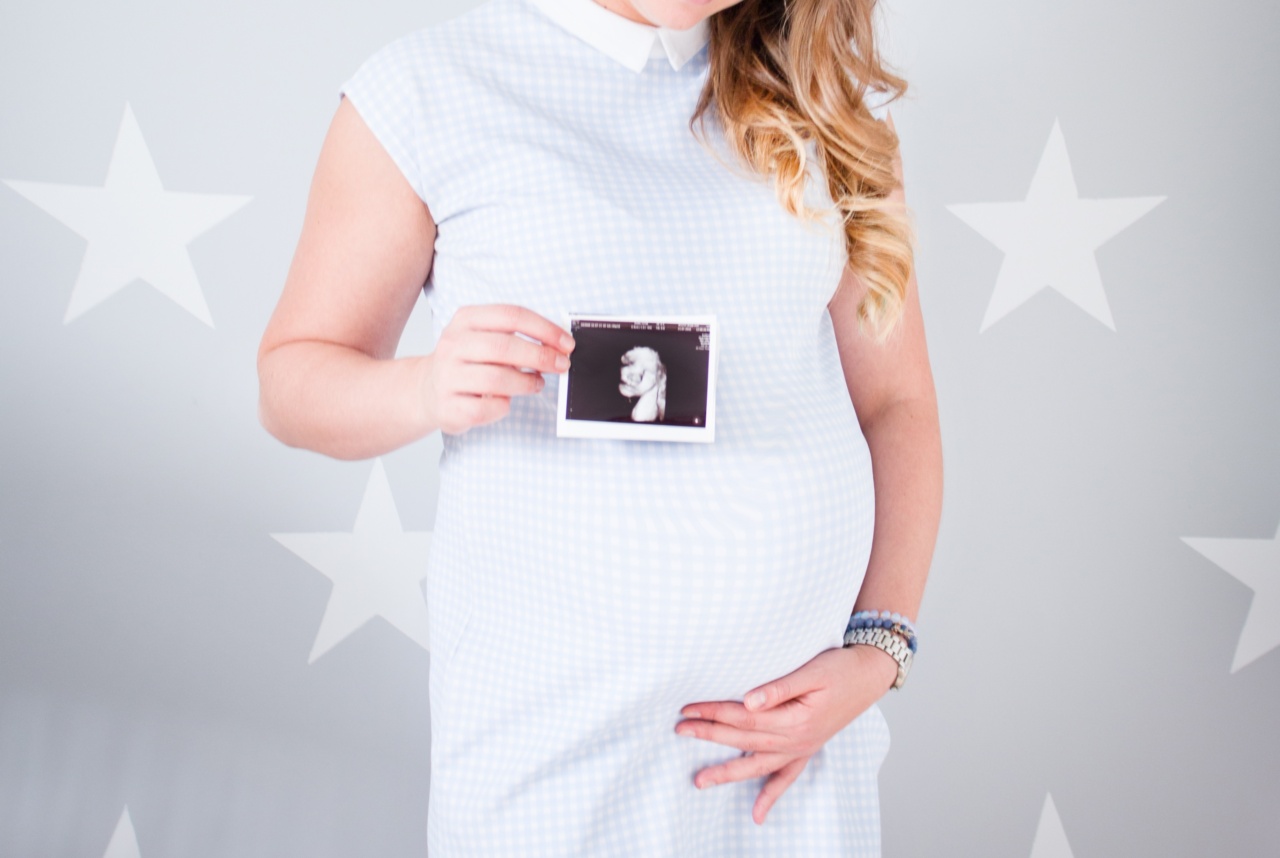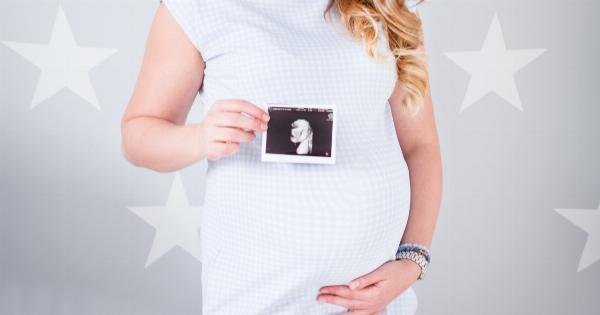Being pregnant is one of the most significant and transformative experiences in a woman’s life. It can be a challenging time, but women are willing to go through it for the joy of bringing new life into the world.
Pregnancy affects many aspects of the body, and one of the most noticeable changes is in hair. Here are ten ways pregnancy changes your hair and what to expect.
1. Hair growth
During pregnancy, many women experience a growth spurt in their hair. Increased estrogen and progesterone levels stimulate hair growth, and hair may grow faster and longer than usual. Some women report that their hair grows up to 50% faster than usual.
This growth can continue throughout the pregnancy, leading to luscious locks.
2. Hair thickness
As well as increased growth, pregnancy can also lead to an increase in hair thickness. The same hormones that affect hair growth can also lead to thicker hair. Many women find that their hair is fuller and has more body than usual.
3. Hair texture
Pregnancy hormones can also affect the texture of your hair. Some women find that their hair becomes curly, wavy, or more frizzy than usual during pregnancy. This is due to changes in the hair follicles and can be temporary or permanent.
4. Hair loss
While some women may experience hair growth during pregnancy, others may experience hair loss. This is because the hair growth cycle is disrupted by the hormonal changes. Hair loss during pregnancy can vary but is typically minimal.
However, losing a significant amount of hair during pregnancy could be a sign of an underlying issue, and women should consult their healthcare provider.
5. Scalp changes
Pregnancy can also cause changes to the scalp. Many women may experience scalp tenderness or itchiness during pregnancy. This is due to the increased blood flow and hormonal changes.
Women should avoid using harsh chemicals like hair dyes or relaxers on their hair during pregnancy to prevent further scalp irritation.
6. Hair breakage
Hormonal changes during pregnancy can affect the strength and elasticity of hair, leading to breakage. To prevent hair breakage during pregnancy, women should avoid using tight styling methods like braids, weaves, or extensions.
7. Hair color changes
Many pregnant women report changes to their hair color. While some women’s hair may become darker during pregnancy, others’ hair may become lighter. This is due to hormones affecting the hair follicles, leading to changes in pigmentation.
8. Hair thinning
As well as hair loss, some women may experience hair thinning during pregnancy. This is due to hormonal changes and can be temporary. Hair thinning during pregnancy is typical and not a cause for concern.
However, if women experience significant hair thinning, they should consult a healthcare provider.
9. Hair greasiness
Due to hormonal changes, pregnant women may experience an increase in hair oiliness. This can make hair look greasy and require more frequent washing.
Women should use a gentle shampoo and avoid using hair styling products that can further increase hair oiliness.
10. Postpartum hair loss
After pregnancy, many women experience postpartum hair loss. This is due to hormonal changes and is a normal part of the postpartum period.
The extent of postpartum hair loss varies from person to person, but it typically occurs three to six months after childbirth and can last for up to a year. Women can minimize postpartum hair loss by maintaining a healthy diet rich in vitamins and minerals.


























